Dear recorded sounds (voices, stories, streetscapes, environments, instances, interviews; anything that once happened live captured in an audio recording);
There is something very beautiful about you.
Listening to someone tell a story captured in their real time when their real time has nothing to do with the time we’re in, that’s a beautiful thing. We feel it when we listen to old audio of whatever, speeches, commercials, interviews, broadcasts, there is something in audio recordings that captures a moment’s essence.
Last week each of us told the group a story of a time when we didn’t get what we expected. We recorded those stories in the moment. The audio was transcribed unedited (no punctuation and including all ahs, umms, ands, buts). The next day each of us read the directly transcribed version of our story to the group.
What happened was, frankly, awkward. Faced with the written transcriptions of our stories in black and white, we tripped and faltered over our own words and could hardly make sense of our original stories and intentions; the text was almost unintelligible in some places. There were some feelings of embarrassment, of ‘Oh God I didn’t really sound like that did I?’. And the reality is yes. We did. We speak how we speak and an audio recording doesn’t let us escape that. It holds us to how we expressed ourselves in a given time and place.
When we originally shared the stories, we understood each other perfectly well. But the written versions of our speech, when originally met, were stilted and confusing. It was only after a good revisit, punctuating, and editing that the stories started to make more sense. The words were meant for speaking, not writing. In order to make easier sense in written form they needed to be shuffled around, organized, lined up in little rows.
There’s something really magical and interesting about not being able to make immediate sense of an exact transcript of our own words.
That’s all I really have to say about that. I liked it a lot.
And I think there is a mirror of this experiment happening in our process as a whole; recurring ideas are being explored, pared down, distilled – losing some verbosity, gaining some clarity. Cutting away, away, away without losing the impulses and excitement of the original discoveries. It’s a process of taking things back up again and trying to make sense of them in and of themselves and in relation to one another.
Tackling a recurring theme or image is much like being faced with the transcribed versions of our stories; we knew what we meant at the time, but now we have to face the idea again, make sense of it, and see what life can be explored there.
